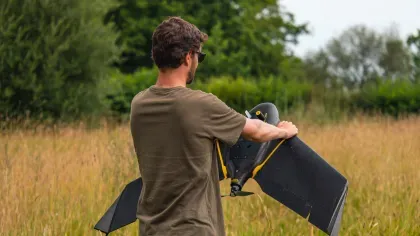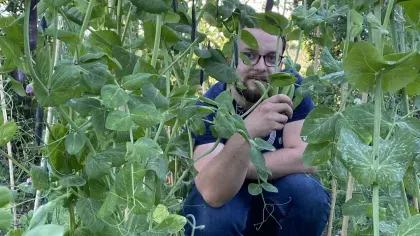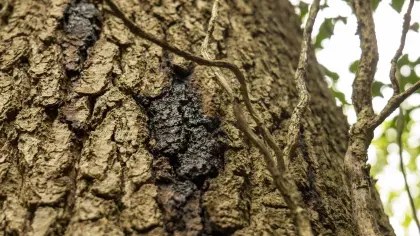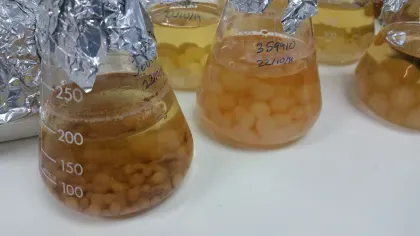PhDs at Kew
Find out how PhDs work at Kew and what current opportunities we have.

Kew offers doctoral training in plant and fungal science, environmental research and plant humanities, and more than 120 students are currently undertaking their PhDs with us.
Kew does not confer its own degrees so each of these students is also registered with a university; we collaborate with around 60 universities across the UK and internationally.
Our PhD students benefit not only from the expertise of our researchers but also from access to our unique and extensive collections at Kew Gardens and Wakehurst, including the herbarium and fungarium, the Millennium Seed Bank and the live collections in the gardens. Some students are based regularly at Kew sites, some visit Kew for a section of their projects and others conduct their research remotely.
Kew Science aims to understand and protect biodiversity and to discover sustainable solutions to some of humanity’s biggest challenges, and we supervise PhDs that contribute to these aims. Find out more about our research priorities and initiatives.
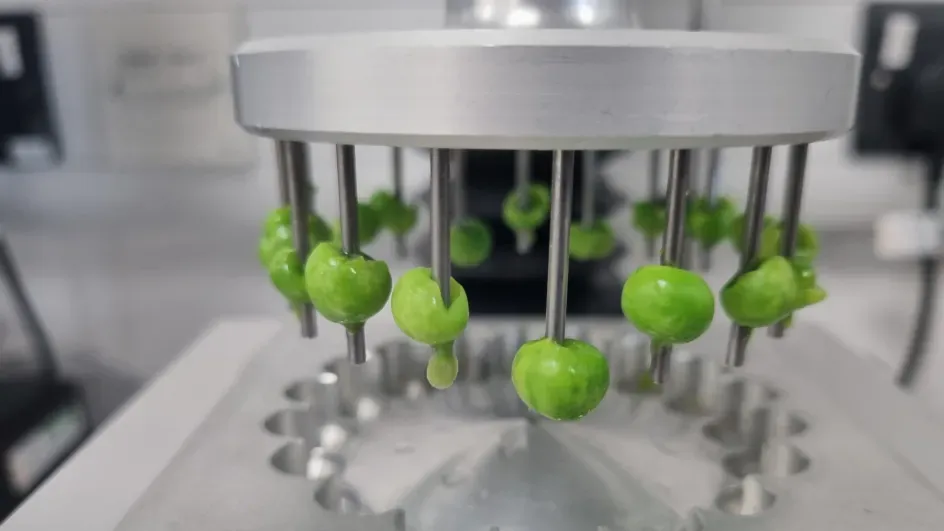
Available PhD opportunities
Apply for funded studentships and browse the doctoral training partnerships we work with.

Placements for PhD students
Short-term opportunities for external PhD students on funded schemes to work with us at Kew.
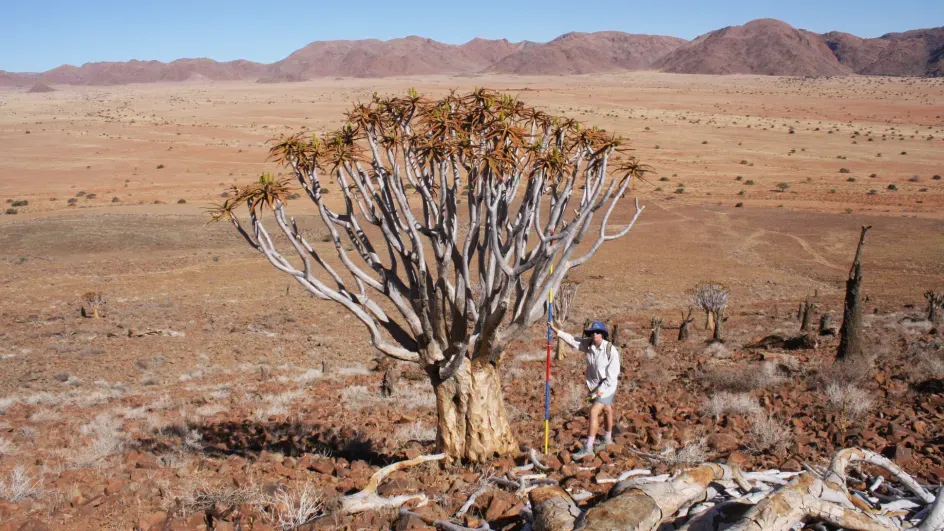
Kew Global PhD Programme
Training the next generation of biodiversity researchers with partner universities in Africa, Latin America and Southeast Asia.
Read & watch
Meet our current and recent students and find out about some of their doctoral research.
How Kew’s PhDs are funded
Kew does not ordinarily fund PhD research directly. Instead, our PhDs are funded through a variety of means including UKRI-funded doctoral training partnerships, university studentships and international government schemes.
Doctoral training partnerships
The majority of our UK-based PhDs are funded through programmes variously described as Doctoral Landscape Awards (DLAs), Doctoral Focal Awards (DFAs), Doctoral Training Partnerships (DTPs) and Centres for Doctoral Training (CDTs). These are consortia of universities and other research institutions working together to provide excellent research, professional, technical and personal-development training in a multi-disciplinary environment.
All these schemes are funded via UKRI research councils and cover tuition fees and a stipend; in many cases they also include a research fund to cover lab costs, consumables and conference attendance. Recruitment usually starts in the autumn a year before the intended start date, with a January application deadline and interviews/selection in the spring. You can read more about the schemes we currently participate in on the opportunities page.
Other funding
It is also possible for students to secure funding through universities, international government schemes (e.g. CAPES in Brazil or the China Scholarship Council) or special-interest organisations.
.jpg5313.webp?itok=jIgxCkEE)
University websites can be a good source of information about such funding opportunities. Some students fund themselves using private means. In these cases, Kew is often involved in developing a project alongside the student and a university academic. We are interested in collaborating on projects that contribute to one or more areas of our science strategy; please see the current strategy documentation.
The Emily Holmes Memorial Scholarship is administered by Kew and open to PhD students. Grants won’t support a full studentship but can be useful to enable fieldwork, conference travel or lab work as part of a PhD. For more information visit our bursaries page.
Kew also runs its own funded scheme – the Kew Global PhD Programme – to offer a small number of doctoral studentships in Africa, Latin America and Southeast Asia. Read more about the programme here.
How to contact us
If you have any further questions about PhDs at Kew, please contact us: sciencetraining@kew.org.
